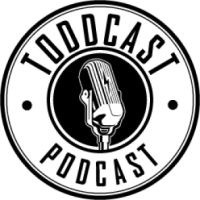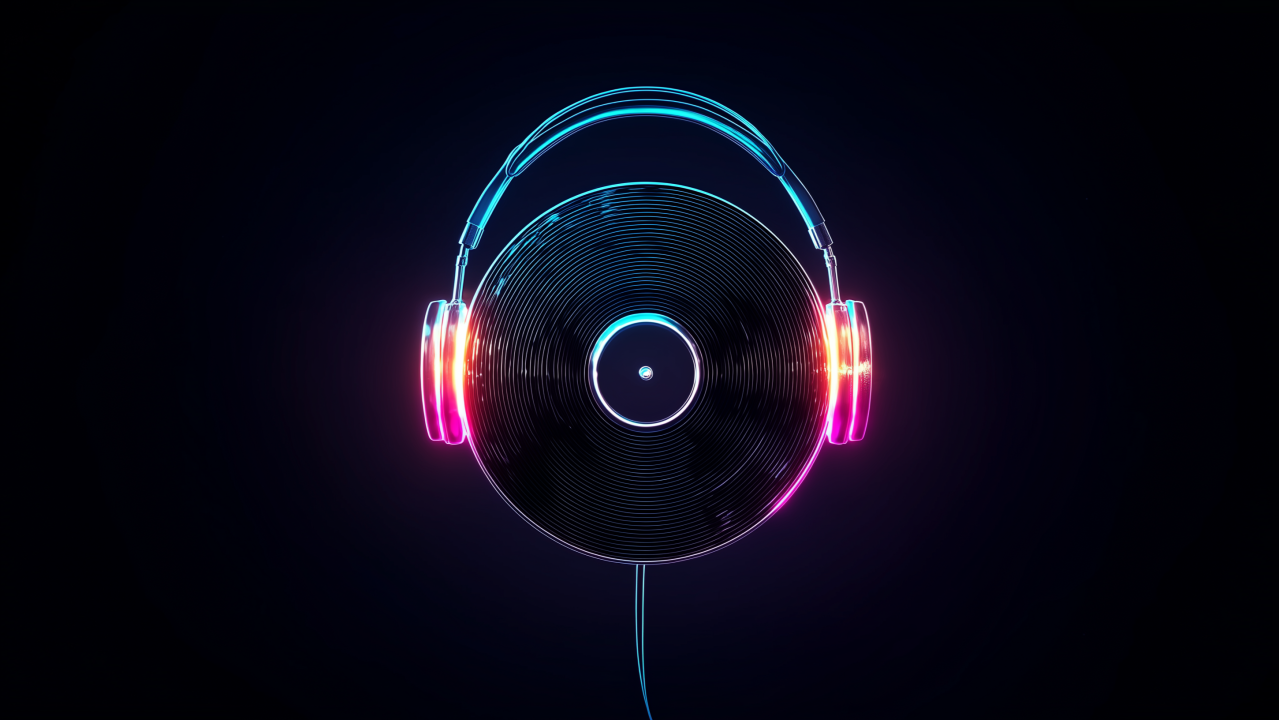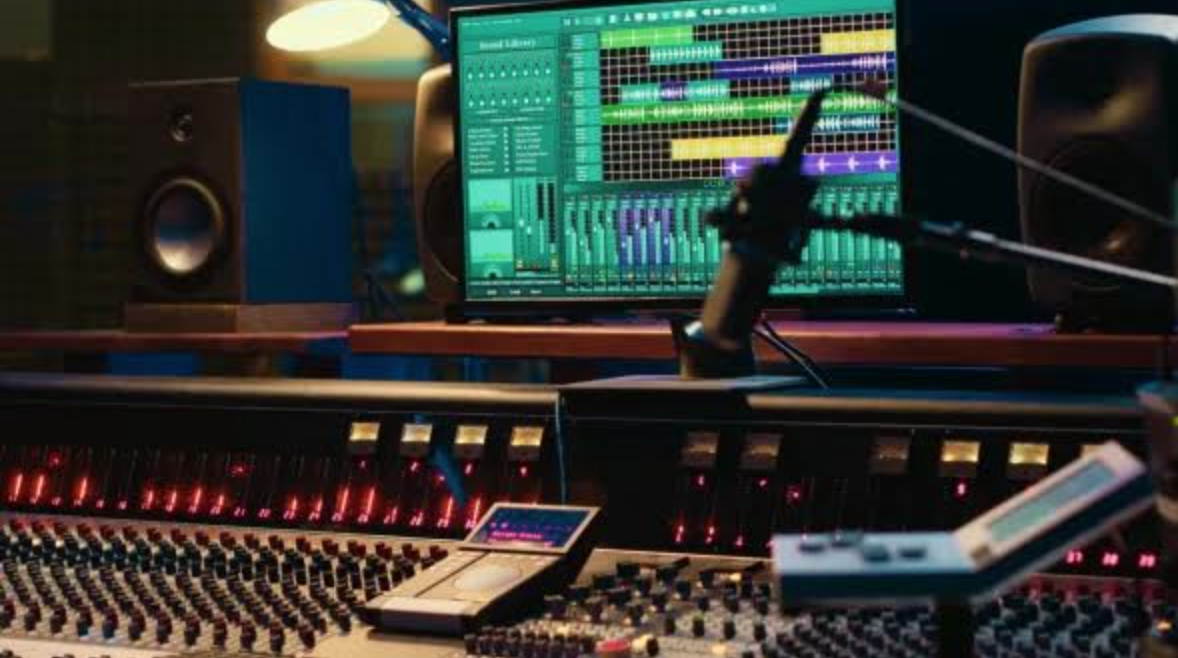Major record labels just made a decisive move in the AI battlefield.
Sony Music Entertainment, Warner Music Group, and Universal Music Group have all inked licensing deals with Klay, making the startup the first AI music company backed by all three giants.

According to Music Business Worldwide, the partnerships set the rules of engagement: Klay will build new fan experiences using AI while fully respecting the rights of artists, songwriters, and rights holders.
Wonder how they’ll do that? Respecting actual artists and songwriters?
Klay says its upcoming platform aims to reimagine how people listen, with immersive, interactive tools driven by its Large Music Model, trained entirely on licensed music. The company stresses it isn’t a “prompt-based meme engine” but a subscription product built to amplify real artists, not replace them.
Expansion is already on the horizon. Klay says independent labels, musicians, publishers, and songwriters are next in line.
Warner’s Chief Digital Officer Carlette Higginson praised the approach, saying Klay is evolving AI in a way that expands creative potential while protecting the value of music. Sony’s Dennis Kooker echoed that sentiment, emphasizing that real innovation requires real licenses.
This news lands amid a wave of AI disruption. A new global study found that 97 percent of people couldn’t tell the difference between human-made and AI-generated music and more than half felt uneasy about it. Many remain curious, but trust in AI is low, and fears of generic, low-quality output remain high.
Meanwhile, the industry’s tension is rising. Recent reports warn that music professionals could lose up to a quarter of their income to AI within four years. Spotify has already removed 75 million “spammy” AI tracks and cracked down on impersonators. And in a symbolic protest, Paul McCartney, Sam Fender, and Kate Bush recently contributed silent tracks to an anti-AI compilation.
The message is clear: the future of music is shifting fast. And with Klay now backed by all three major labels, the next phase has officially begun.
How do you feel about AI music getting licensing deals with the major music labels?

















